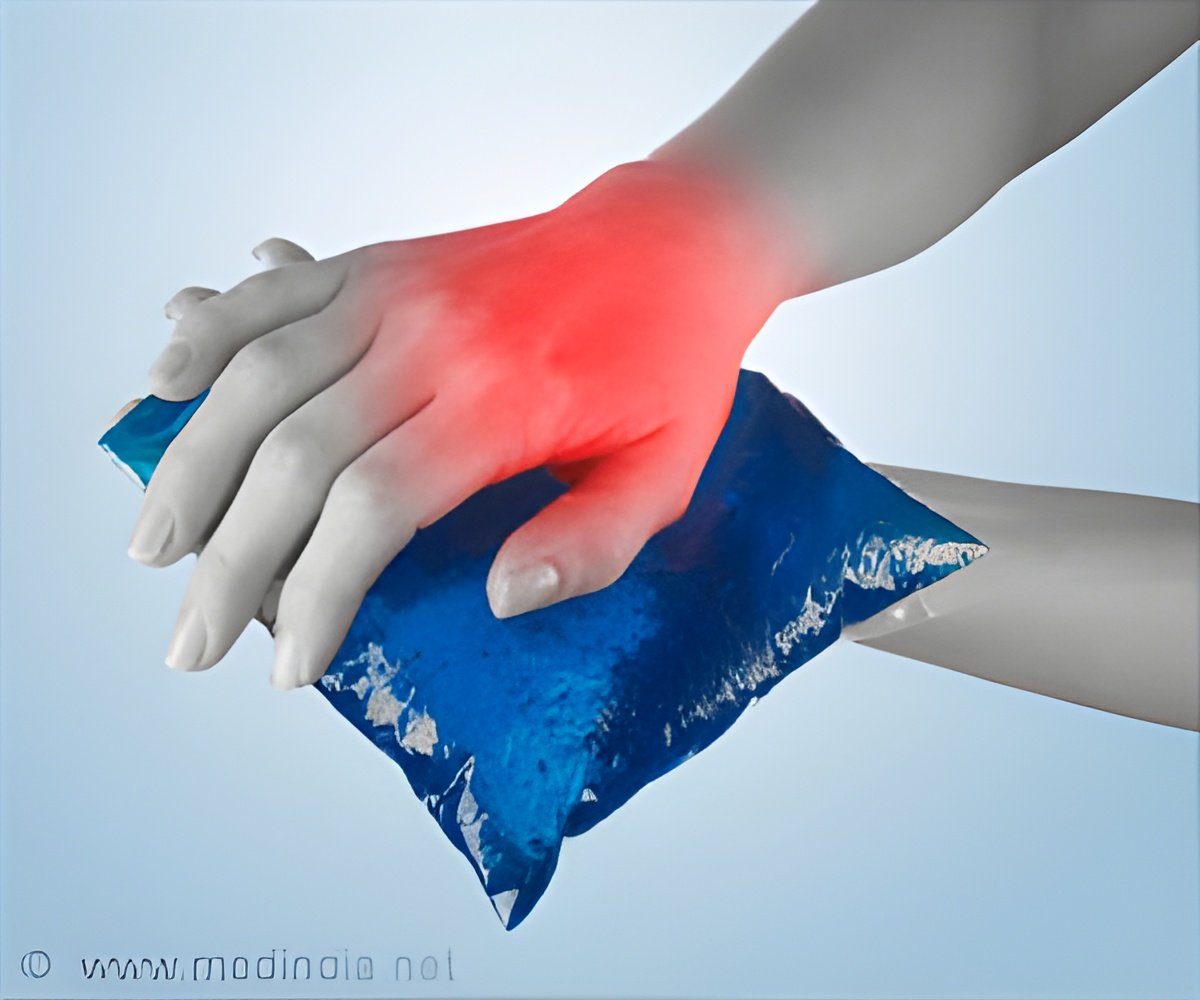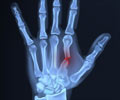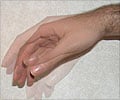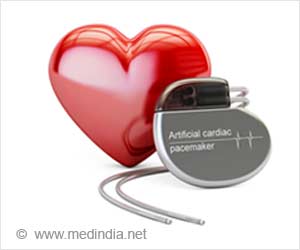The device enables surgeons to easily access confined regions of the body and, manipulate soft organs without damaging them.

The device holds a key advantage over traditional surgical tools by way of its ability to quickly transform from a bending, flexible instrument into a stiff and rigid one.
The innovation is inspired by the eight arms of an octopus.
“The human body represents a highly challenging and non-structured environment, where the capabilities of the octopus can provide several advantages with respect to traditional surgical tools. Generally, the octopus has no rigid structures and can thus adapt the shape of its body to its environment. Taking advantage of the lack of rigid skeletal support, the eight highly flexible and long arms can twist, change their length, or bend in any direction at any point along the arm,” said lead author of the study Dr Tommaso Ranzani.
The scientists conducted a number of characterization tests on the device, showing that it could bend to angles of up to 255° and stretch to up to 62% of its initial length.
The ability of the device to manipulate organs while surgical tasks are performed was successfully demonstrated in simulated scenarios where organs were represented by water-filled balloons.
Advertisement
Advertisement









